October 22, 2024
In an increasingly digital world, protecting personal information online has become more critical than ever. With businesses collecting and processing vast amounts of data, individuals are more vulnerable to privacy breaches, identity theft, and unauthorized use of their personal information. At Daryl Reese Law Group, we specialize in helping businesses navigate California’s robust internet privacy laws and ensuring compliance with the state’s strict regulations. What Is Internet Privacy Protection? Internet privacy protection refers to the legal safeguards that ensure personal information collected online is kept secure and used appropriately. With the rise of e-commerce, social media, and digital services, businesses must comply with various privacy regulations to protect users’ personal data from being misused or exposed. In California, the landmark California Consumer Privacy Act (CCPA) is one of the most comprehensive internet privacy laws in the United States, granting consumers broad rights over their personal information and placing significant responsibilities on businesses that collect and handle this data. Key Features of the California Consumer Privacy Act (CCPA) The CCPA, which went into effect on January 1, 2020, provides California residents with enhanced privacy rights and imposes stringent requirements on businesses regarding the collection, storage, and sharing of personal information. Some key provisions include: Right to Know: Consumers have the right to know what personal information a business collects about them, how it is used, and whether it is shared or sold to third parties. Right to Access: Consumers can request access to the specific pieces of personal information a business has collected about them over the previous 12 months. Right to Delete: Consumers can request that a business delete their personal information, with certain exceptions, such as information needed to complete transactions or for legal compliance. Right to Opt-Out of Sale: The CCPA gives consumers the right to opt-out of having their personal information sold to third parties. Businesses must provide a clear and accessible way for consumers to exercise this right, such as a "Do Not Sell My Personal Information" link on their website. Right to Non-Discrimination: Businesses cannot discriminate against consumers who exercise their CCPA rights by denying services or charging different prices or rates. Who Must Comply with the CCPA? The CCPA applies to businesses that operate in California or collect personal information from California residents and meet one or more of the following criteria: Annual gross revenues of more than $25 million Buy, receive, sell, or share the personal information of 50,000 or more California residents, households, or devices Derive 50% or more of their annual revenue from selling personal information Even businesses that do not meet these thresholds may be indirectly impacted by the CCPA if they work with third-party vendors or service providers that are subject to the law. California Privacy Rights Act (CPRA) Expansion In November 2020, California voters approved the California Privacy Rights Act (CPRA), which amends and expands the CCPA, adding more protections for consumers. The CPRA, which goes into effect in 2023, introduces new concepts such as: Right to Correct Inaccurate Information: Consumers will have the right to request corrections of inaccurate personal information that businesses have collected about them. Sensitive Personal Information: The CPRA introduces additional protections for sensitive personal information, including Social Security numbers, driver’s license numbers, financial account details, and precise geolocation data. Data Minimization: The law limits the collection, use, and retention of personal data to what is necessary to fulfill the business's intended purpose. Creation of the California Privacy Protection Agency (CPPA): The CPRA establishes a dedicated enforcement agency, the CPPA, which will have the authority to enforce privacy laws and impose penalties for non-compliance. Penalties for Non-Compliance Non-compliance with the CCPA and CPRA can result in significant penalties, including fines and civil lawsuits. The California Attorney General’s office is authorized to enforce the CCPA, with businesses facing fines of up to $7,500 per intentional violation and $2,500 per unintentional violation. Additionally, the CCPA allows consumers to file lawsuits for data breaches resulting from a business’s failure to implement reasonable security measures. In such cases, consumers may seek damages ranging from $100 to $750 per incident or actual damages, whichever is greater. How Businesses Can Ensure Compliance Given the complexity and evolving nature of California’s internet privacy laws, businesses must take proactive steps to ensure compliance. Here are some best practices: Conduct a Data Inventory: Identify what personal information your business collects, how it is stored, used, and shared. This will help you understand your data practices and identify areas where compliance efforts are needed. Update Privacy Policies: Ensure your privacy policy is up-to-date and clearly explains your data collection practices, consumers’ privacy rights, and how they can exercise those rights. Implement Opt-Out Mechanisms: Provide a straightforward way for consumers to opt-out of the sale of their personal information, such as a "Do Not Sell My Personal Information" link on your website. Strengthen Data Security Measures: Implement reasonable security measures to protect personal information from unauthorized access, including encryption, access controls, and regular security audits. Train Employees: Ensure your staff is educated on CCPA compliance and privacy best practices, especially those involved in handling personal information or responding to consumer requests. Prepare for CPRA Compliance: Begin planning for the upcoming changes under the CPRA, including the management of sensitive personal information and updates to consumer rights. How Daryl Reese Law Group Can Help At Daryl Reese Law Group, we understand the complexities of internet privacy laws and are committed to helping businesses comply with the CCPA, CPRA, and other privacy regulations. Our services include: Privacy Policy Review and Drafting: We help businesses create or update their privacy policies to ensure compliance with California’s privacy laws. Data Privacy Audits: We conduct comprehensive audits of your data collection, storage, and sharing practices to identify potential risks and compliance gaps. Consumer Rights Requests: We assist businesses in responding to consumer requests under the CCPA, including requests for access, deletion, and opting out of data sales. Data Security Guidance: We provide guidance on implementing data security measures to protect personal information and reduce the risk of data breaches. CPRA Preparation: As the CPRA goes into effect, we help businesses prepare for the new requirements and avoid potential penalties. With internet privacy laws like the CCPA and CPRA changing the regulatory landscape in California, it’s more important than ever for businesses to take a proactive approach to data protection. At Daryl Reese Law Group, we are here to guide you through these complex regulations and ensure your business stays compliant while maintaining the trust of your customers. Contact us today for a consultation and let us help you safeguard your business and protect your customers’ privacy.











